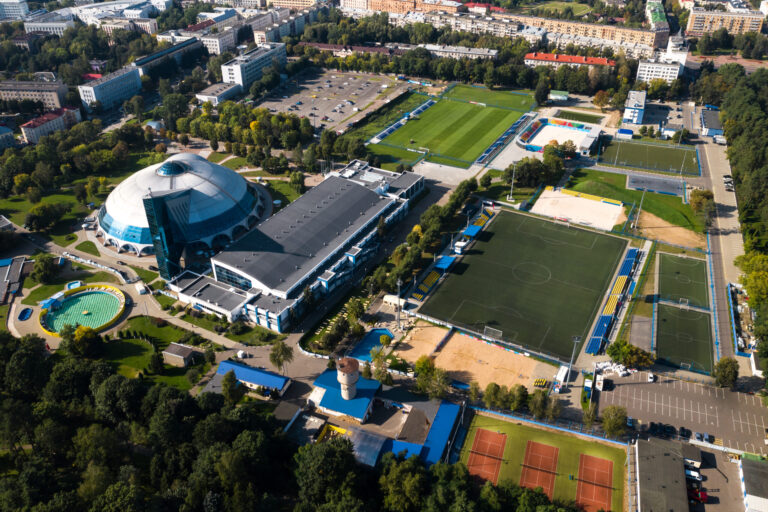The Art of Becoming a Sommelier: Training and Certification
The quest to become a sommelier is a journey of passion, dedication, and a deep appreciation for the world of wine. This prestigious title is not simply bestowed but earned through comprehensive training, experience, and certification. As a bridge between winemakers and wine enthusiasts, sommeliers possess an expertise that extends far beyond the ability to uncork a bottle and pour a glass. They curate unforgettable experiences, pairing the perfect wine with meals and occasions. In this article, we’ll explore the intricacies of becoming a sommelier and the opportunities that await in this flavorful vocation.
A Deep Dive Into Sommelier Training: What It Entails and Where To Start

The journey into sommelier training is as rich and varied as the wines one will learn to master. At the outset, it is crucial to develop a robust foundation in the basics of enology—the science of wine and viticulture, the cultivation of grapevines. Prospective sommeliers will immerse themselves in studying different grape varieties, winemaking processes, and the intricate relationship between climate, soil, and vine.
Beyond academic learning, hands-on experience is essential. Budding sommeliers often begin by working in restaurants or wineries, where they can witness wine service and cellar management firsthand. These practical experiences complement formal education and can serve as a springboard into specialized sommelier training programs. These intensive courses are designed to deepen one’s understanding of wine theory, sensory evaluation, and service techniques.
Mastering the Grape: Understanding Vital Wine Knowledge and Service Skills

Developing a comprehensive understanding of wine requires an exploration of global wine regions, varietals, and the intricacies of flavor profiles. Aspiring sommeliers delve into the history of wine, studying how traditions and techniques have evolved over centuries. They learn to detect the complexity and character in the glass, articulating descriptions that convey a wine’s essence to customers.
Equally important to knowledge is the execution of impeccable service. A sommelier must be adept at all aspects of wine presentation, including the correct storage and temperature, choosing the right glassware, and the ceremonial aspect of opening and serving wine. The finesse with which these tasks are performed enhances the overall dining experience and showcases professionalism.
The Path to Certification: Exploring the Major Sommelier Accrediting Bodies

The pathway to becoming a certified sommelier is structured by various accrediting bodies that oversee examinations and credentials. Each organization has its own set of standards, levels of certification, and areas of specialism. Among the most esteemed institutions are the Court of Master Sommeliers, the Wine & Spirit Education Trust (WSET), and the Society of Wine Educators, all of which offer globally recognized qualifications.
The Court of Master Sommeliers, for instance, is renowned for its rigorous certification levels, culminating in the Master Sommelier diploma—a distinction held by only a select few worldwide. The examination process tests candidates on a vast array of topics, including blind tastings, theoretical knowledge, and practical service skills. Achieving certification from this body is a testament to a candidate’s exceptional proficiency in the field.
The WSET takes a more academic approach, offering a series of levels that equip students with knowledge about wine production, business aspects, and detailed regional information. This structured progression allows individuals to build upon their expertise methodically. Those seeking to specialize in wine education or trade may find this path particularly beneficial.
Building Your Wine Career: Networking, Continuing Education, and Job Opportunities

Securing a position as a sommelier is just the beginning of a fruitful career in the wine industry. Networking plays a critical role, as connections made through tastings, trade shows, and professional associations can lead to new opportunities and collaborations. Building a robust professional network helps aspirants stay informed about the latest trends, job openings, and educational resources.
Continuing education is vital for sommeliers who aspire to progress in their careers. Advanced certifications, specialized masterclasses, and wine travel experiences expand one’s expertise and add depth to their professional profile. Sommeliers often partake in mentorship programs, both as mentors and mentees, to exchange knowledge and cultivate the next generation of wine professionals.
Overall, the path to becoming a sommelier unfolds a tapestry of rich experiences and the chance to turn a passion for wine into a lifelong pursuit. Embracing both the art and science of wine, sommeliers open up a world where each glass tells a story, and each bottle is a chapter in a vintner’s tale. As sommeliers continue to shape the wine industry, we look with anticipation to the future flavors they will unveil and the tasteful journeys they will curate.














